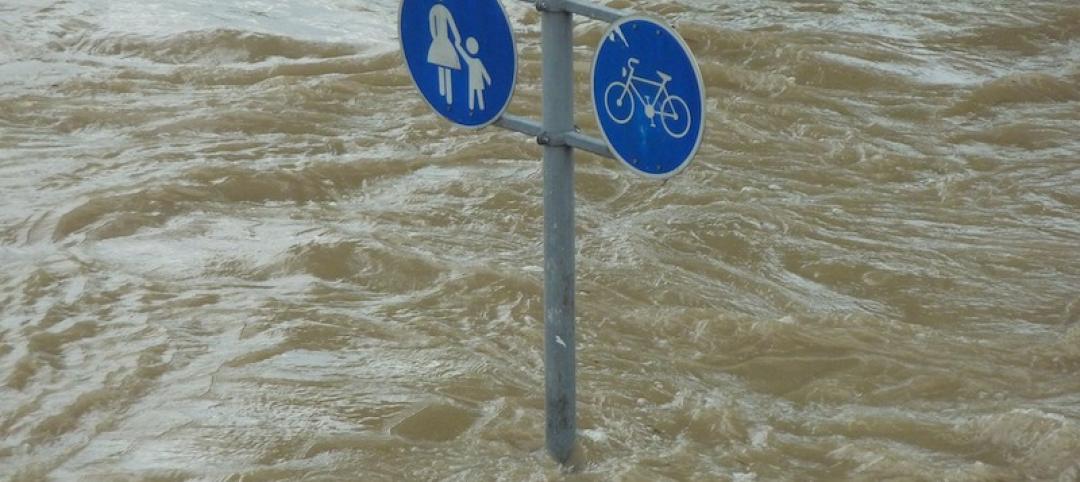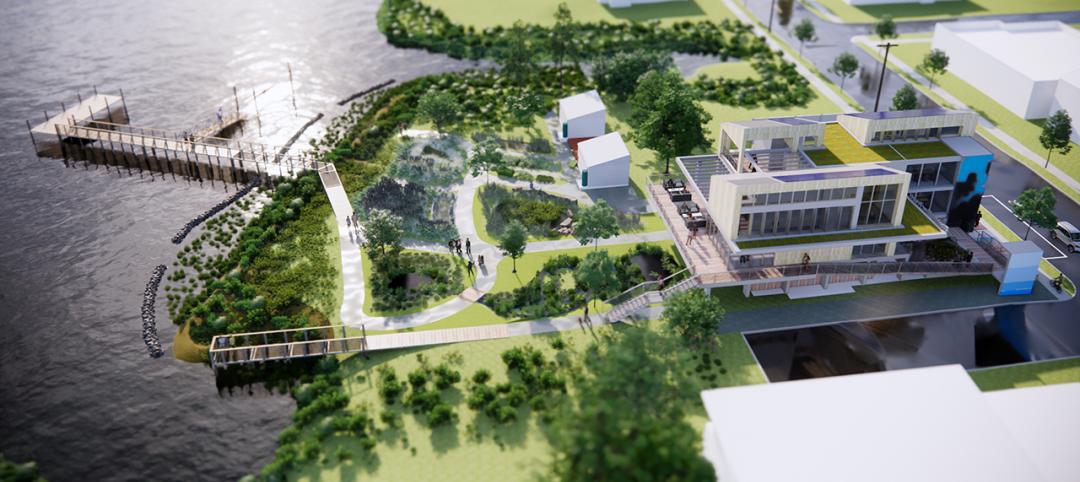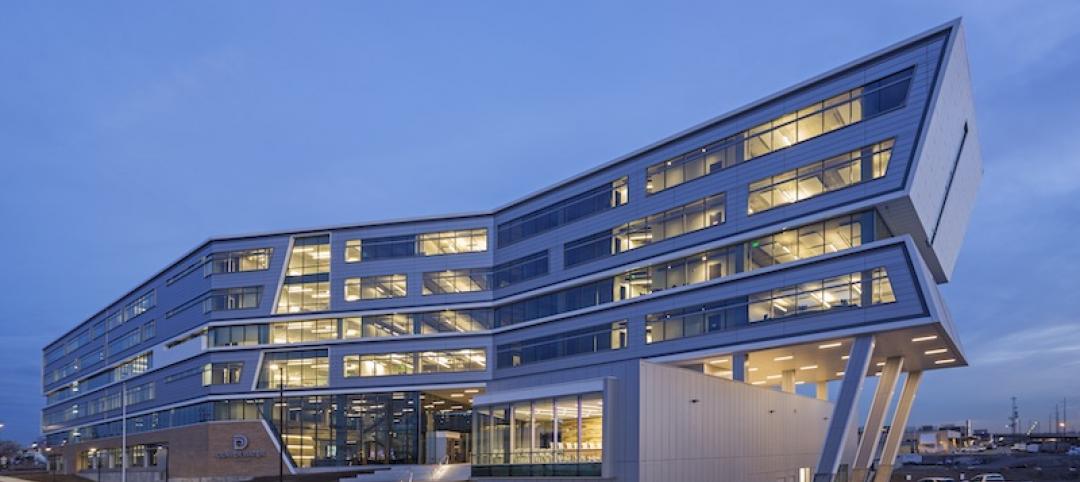Critics charge that New York City’s approach to resiliency in the face of climate-change-induced sea level rise is shortsighted.
New development in Manhattan and Columbia University’s new Manhattanville campus will be at risk in 50 to 80 years, they say. Mayor Bill de Blasio is focused on “an election time scale,” not a more realistic timetable given the challenges the city faces, critics assert.
In the end, the only reasonable approach to city planning over a longer time scale is “managed retreat” to higher ground, according to engineers focused on resiliency. One of the main drivers of "managed retreat" is likely to be the rising costs of flood insurance.
Congress has failed to reform the National Flood Insurance Protection, which is now $23 billion in debt. If property losses increase as expected, reform and insurance rates will go up to the point where people will choose to live in lower risk areas in New York and other coastal areas.
Related Stories
Resiliency | Aug 4, 2021
A new team forms to assess climate change’s effects on the built environment
Arup and First Street Foundation are using extensive datasets to develop risk-mitigating resilience solutions.
Resiliency | Jul 15, 2021
A new report urges federal investment in healthier buildings
The National Institute of Building Sciences also calls for code changes and greater cooperation between building owners and the AEC community.
Resiliency | Jun 24, 2021
Oceanographer John Englander talks resiliency and buildings [new on HorizonTV]
New on HorizonTV, oceanographer John Englander discusses his latest book, which warns that, regardless of resilience efforts, sea levels will rise by meters in the coming decades. Adaptation, he says, is the key to future building design and construction.
High-rise Construction | May 27, 2021
The anti-high rise: Seattle's The Net by NBBJ
In this exclusive video interview for HorizonTV, Ryan Mullenix, Design Partner with NBBJ, talks with BD+C's John Caulfield about a new building in Seattle called The Net that promotes wellness and connectivity.
Resiliency | Mar 2, 2021
Elizabeth River Project's Resilience Lab set to break ground this year
Work Program Architects is designing the project.
Codes and Standards | Dec 9, 2020
Investors want building resiliency plans and risk mitigation practices
Owners should assess risk, insurance coverage, and ability to withstand disasters.
Resiliency | Nov 5, 2020
CRE investors are concerned that cities aren’t resilient enough for climate change
A new ULI-Heitman report states that the biggest challenge to valuation is measuring urban risk mitigation.
Sustainability | Aug 11, 2020
Sustainability is key for Denver Water’s modernized campus and distribution system
The utility is showcasing a new admin building and a water reuse plan that’s a first for the state.
Resiliency | Mar 13, 2020
Feds push use of eminent domain to force people out of flood-prone homes
Local officials that don’t comply could lose federal money to combat climate change.
75 Top Building Products | Dec 12, 2019
Top Building Envelope Products for 2019
Sto's beetle-inspired exterior coating and Dörken Systems' UV-resistant vapor-permeable barrier are among the 28 new building envelope products to make Building Design+Construction's 2019 101 Top Products report.




![Oceanographer John Englander talks resiliency and buildings [new on HorizonTV] Oceanographer John Englander talks resiliency and buildings [new on HorizonTV]](/sites/default/files/styles/list_big/public/Oceanographer%20John%20Englander%20Talks%20Resiliency%20and%20Buildings%20YT%20new_0.jpg?itok=enJ1TWJ8)











